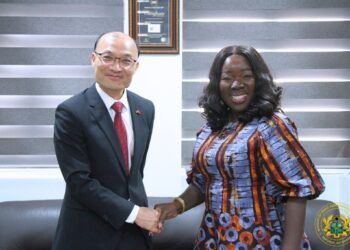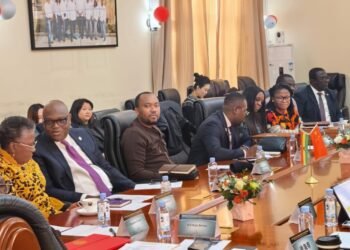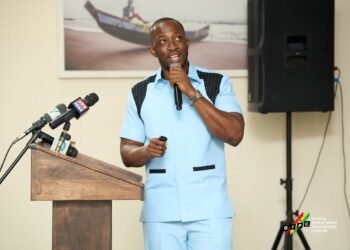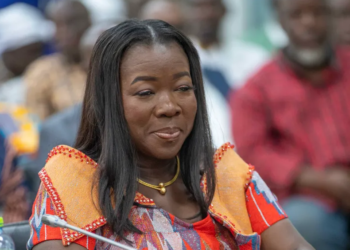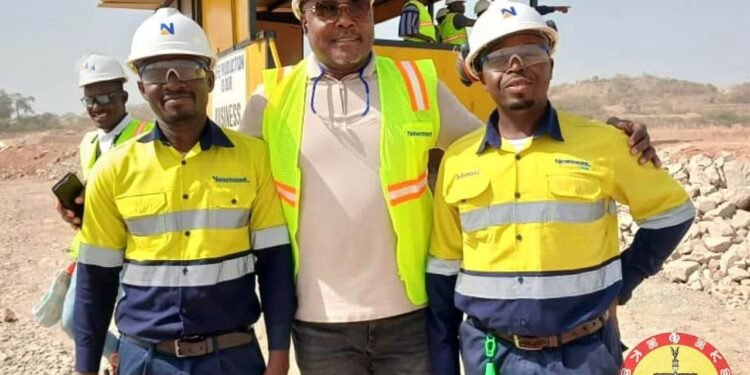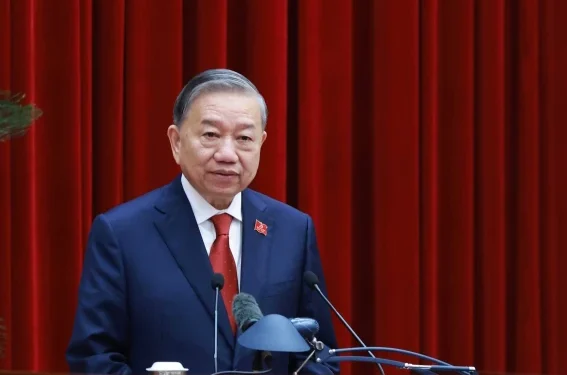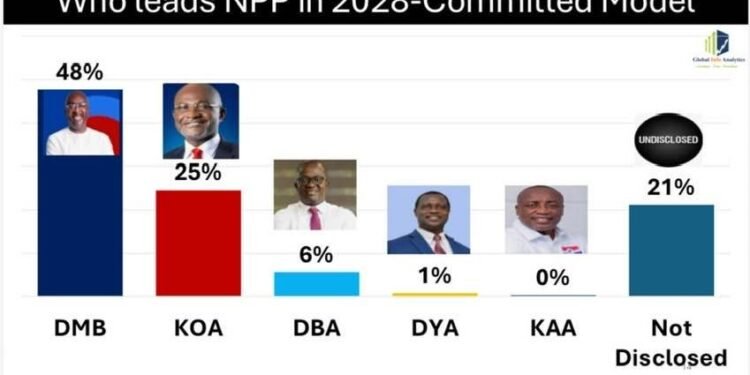Third World Network (TWN), an independent non-profit international research and advocacy organization, has called on signatories of the African Continental Free Trade Area (AFCTA) to harmonize sectoral policies and implement liberalization to help build Africa’s economy.
According to Third World Network, Africa’s major challenge in trade is the poor negotiation of AfCFTA and its failure to integrate and restructure Africa’s economy.
TWN made this known in a seminar with African representatives on the AfCFTA, held in Accra to share different perspectives on the continental trade agreement and how it could impact all participating stakeholders. Stakeholders at the discussion included researchers, farmers, academia, and advocates from Southern Africa, East Africa, Central Africa, West Africa, and North Africa.
At the seminar, the stakeholders were much concerned about how African issues could be tackled from taxation, policies, advocacy, attitude, and approach to curtail African problems. However, suggestions were raised to find a thematic approach to addressing Africa’s economic challenges, and also take actions to implement them.
Mr. Sylvester Bagooro, Programme Officer for Third World Network Africa, charged Africans to build sectoral linkages and focus on the value chain to harmonize and liberalize the ties among countries. He said Africans must create an agreement on how liberalization should be done in various countries to ensure good trade relations.
Mr. Sylvester Bagooro explained that local production would help change the narrative of Africa serving as a dumping site for second-hand goods from European countries. He added that in liberalizing intra-African trade, African countries must consciously support indigenous firms and build regional, national, and continental value chains.
Tight Rules to Ensure All Products Imported Respond To Africa’s Economic Needs
The Programme Officer for Third World Network Africa noted that there must be a tight rule to ensure all products imported to African countries must be in response to Africa’s economic needs. He said “Bringing a product like a tomato paste from Italy and then branding it as Obaapa in Ghana is a loose rule in terms of economic growth”.
Mr. Bagooro averred that Africa is rich in both human and natural resources, but he emphasized the continent is import-dependent, which places strains on its finances.
“Some African countries said the liberalization is going to invade underdeveloped countries. But we should know that all these issues would be highlighted in the latter. When you are not producing the materials in Ghana, then you cannot enjoy the liberalization. You should produce raw African materials to enjoy the AFCTA liberalization. The products should be made from raw materials in Africa to reduce the import of products.”
Mr. Sylvester Bagooro
Mr. Bagooro advised Leaders representing their countries at the Economic Community of West African States (ECOWAS), to be bold and speak up about the trade agreement.
Mr. Bagooro disclosed that the objectives of the Third World Network are to deepen the understanding of the development dilemmas and challenges facing developing countries and to contribute to policy changes in pursuit of just, equitable, and ecologically sustainable.
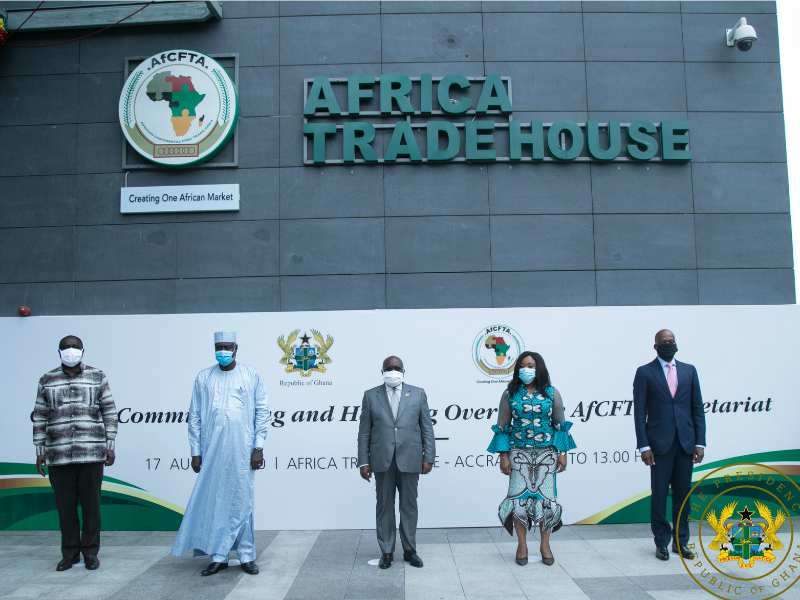
The African Continental Free Trade Area (AfCFTA) is a free trade area encompassing most of Africa. It was established by the African Continental Free Trade Agreement, which has 43 parties and another 11 signatories, making it the largest free-trade area by a number of member states, after the World Trade Organization, and the largest in population geographically. AfCFTA is aimed at enhancing the free movement of goods produced in Africa and also guaranteeing a ready market across Africa.
Under the agreement, AfCFTA members are committed to eliminating tariffs on most goods and services over a period of 5, 10, or 13 years, depending on the country’s level of development or the nature of the products.
READ ALSO: Elections, Successful Gov’t Changeovers Not The Only Determinants Of A Working Democracy– Bagbin





